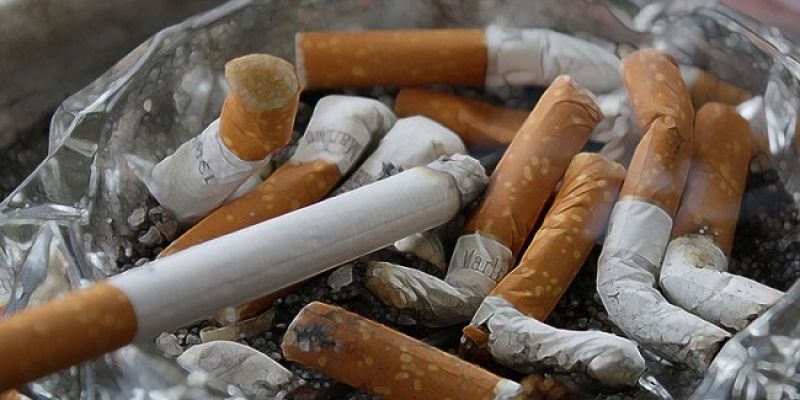Group Proposes Cigarette Tax To Help Lower College Tuition Prices
- Views1899
- Comments 0
- College Tips
- AuthorRacheal M.

Group Proposes Cigarette Tax To Help Lower College Tuition Prices
A group of college students in Idaho are hoping to create a more affordable college environment by one pack of cigarettes at a time.
The group is proposing a 2016 ballot initiative which will raise the state’s cigarette tax by $1.50. They can use the money to lower the cost of higher education at universities and community colleges.
According to Bill Moran, chair and spokesperson of stoptuittionhikes.com the idea came about five weeks ago after him and a friend, Danish Ishaq, started discussing the rising tuition rates.
"Tuition has gone up 175% from 2000 and people are talking about it. Young people are saying they cannot afford to go to college, or having to drop out at their last or second to last semester,” Moran says.
Between 1993 and 2014, tuition and fees for Idaho state undergraduates increased significantly: 348% at Boise State University, 375% for the University of Idaho and 343% for Idaho State University according to the Idaho statesman.
Since college affordability has gained traction as a national issue Moran says they figured that now was a good time to take action. In just three weeks, stoptuitionhikes.com has received a big response with over 130 volunteers pledging to carry valid initiatives and petitions.
Moran states that "We thought the time and momentum was now.”
In order for the group to accomplish their goal, Moran says they will need over 47,000 signatures by April 30. According to the spokesman review this needs to include at least 6% of voters in each of the state’s 18 legislative districts.
"The main thing busting state budget is cigarette healthcare cost because of cigarette-related illness, rather than higher education, which is first one the chopping block. Students are subsidizing the tobacco industry, and that’s not fair,” Moran says.
Moran estimates that the plan will save students an average of $131.11 million per academic year. According to the group’s website, this is done by reducing student loan repayment terms by 9.17 years saving students $68.58 million in interest in addition to $62.53 million in principal over the life of the loan.
The plan also estimates that it will decrease long-term state health care costs and increase state revenue by $69.48 million. Of this, 90% will go to four-year universities, while the other 10% will support the state’s community and technical colleges.
The group says they’ve received nothing but support, but estimates they’ll get substantial opposition from the tobacco industry.
If successful, however, the tax would begin in July 2017.
Moran states that "this is something students need to get involved in right away.” "Your communities do care about you and want you to succeed. I want students to know there is a future, and there is a chance.”

